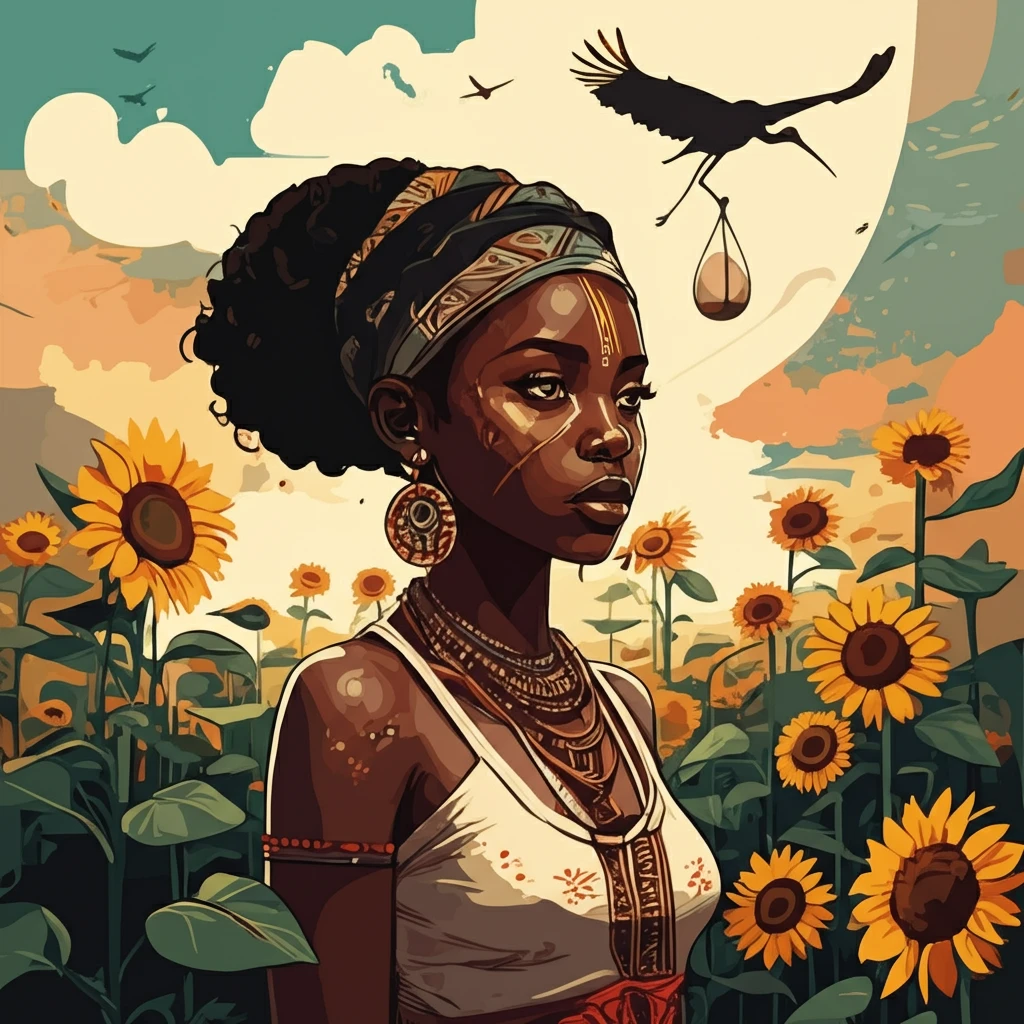
Girl Fertility and Egg Donation in Africa: Unpacking the Complex Realities
"Explore the cultural, ethical, and social dimensions of girl fertility and egg donation in Africa, and how they impact reproductive choices and societal norms."
In many African cultures, the concept of girl fertility is deeply intertwined with traditional values and societal expectations. A girl's ability to bear children is often seen as a marker of womanhood and a source of social status. However, the relatively new practice of egg donation introduces a complex layer of ethical and cultural considerations.
Egg donation, while offering hope to those struggling with infertility, raises questions about the commodification of the female body, the potential for exploitation, and the impact on traditional beliefs. Understanding these discordant perspectives is crucial for navigating the evolving landscape of reproductive health in Africa.
This article explores the multifaceted dimensions of girl fertility and egg donation in Africa, examining the cultural context, ethical dilemmas, and potential implications for individuals and communities.
Girl Fertility in a Traditional African Context

In many African societies, a girl's fertility is not merely a biological function but a deeply ingrained cultural concept. It's often linked to her future role as a wife and mother, with the expectation that she will contribute to the family lineage. This perspective emphasizes the importance of childbearing and the continuation of cultural traditions.
- Emphasis on childbearing as a key aspect of womanhood
- Family involvement in guiding girls towards marriage and motherhood
- Observation of developmental milestones as indicators of fertility
Navigating the Future of Girl Fertility and Egg Donation in Africa
The intersection of girl fertility and egg donation in Africa presents a complex tapestry of cultural values, ethical considerations, and modern medical advancements. As egg donation becomes more prevalent, it's essential to foster open dialogue and develop ethical guidelines that protect the rights and well-being of all individuals involved. By understanding the diverse perspectives and addressing the potential challenges, we can work towards a future where reproductive choices are informed, equitable, and respectful of cultural traditions.
